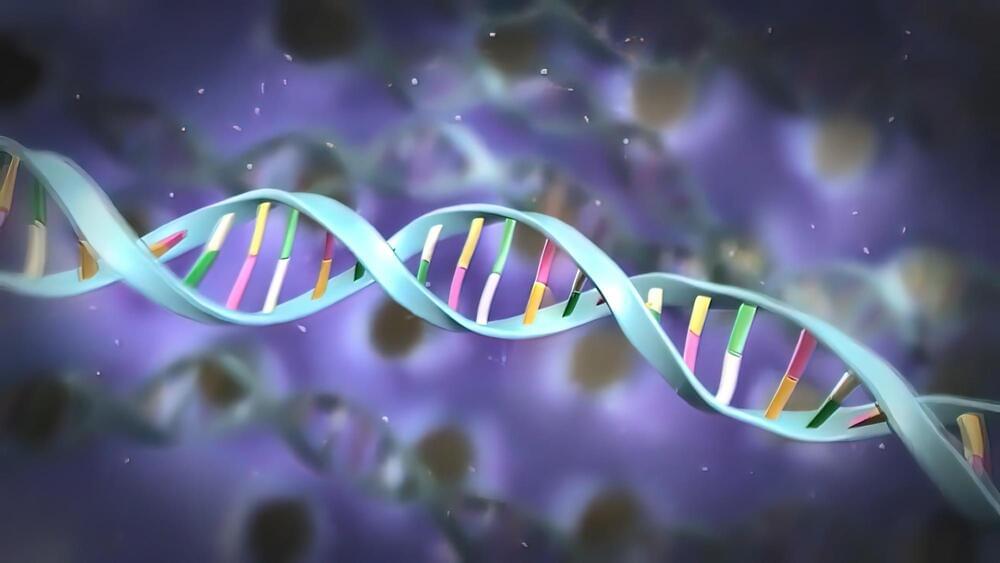Chromatin structures and transcriptional networks are known to specify cell identity during development which directs cells into metaphorical valleys in the Waddington landscape. Cells must retain their identity through the preservation of epigenetic information and a state of low Shannon entropy for the maintenance of optimal function. Yeast studies in the 1990s have reported that a loss of epigenetic information compared to genetics can cause aging. Few other studies also confirmed that epigenetic changes are not just a biomarker but a cause of aging in yeasts.
Epigenetic changes associated with aging include changes in DNA methylation (DNAme) patterns, H3K27me3, H3K9me3, and H3K9me3. Many epigenetic changes have been observed to follow a specific pattern. However, the reason for changes in the mammalian epigenome is not yet known. A few clues can be obtained from yeast, where DSB is a significant factor whose repair requires epigenetic regulators Esa1, Gcn5, Rpd3, Hst1, and Sir2. As per the ‘‘RCM’’ hypothesis and ‘Information Theory of Aging’’, aging in eukaryotes occurs due to the loss of epigenetic information and transcriptional networks in response to cellular damage such as a crash injury or a DSB.
A new study in the journal Cell aimed to determine whether epigenetic changes are a cause of mammalian aging.










Comments are closed.